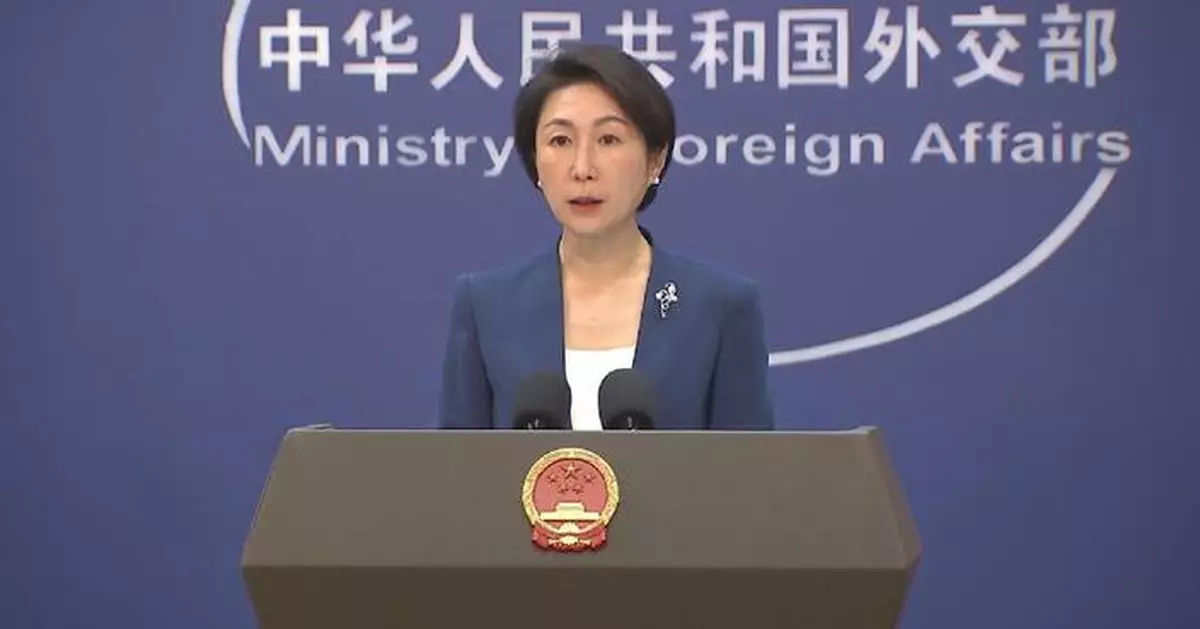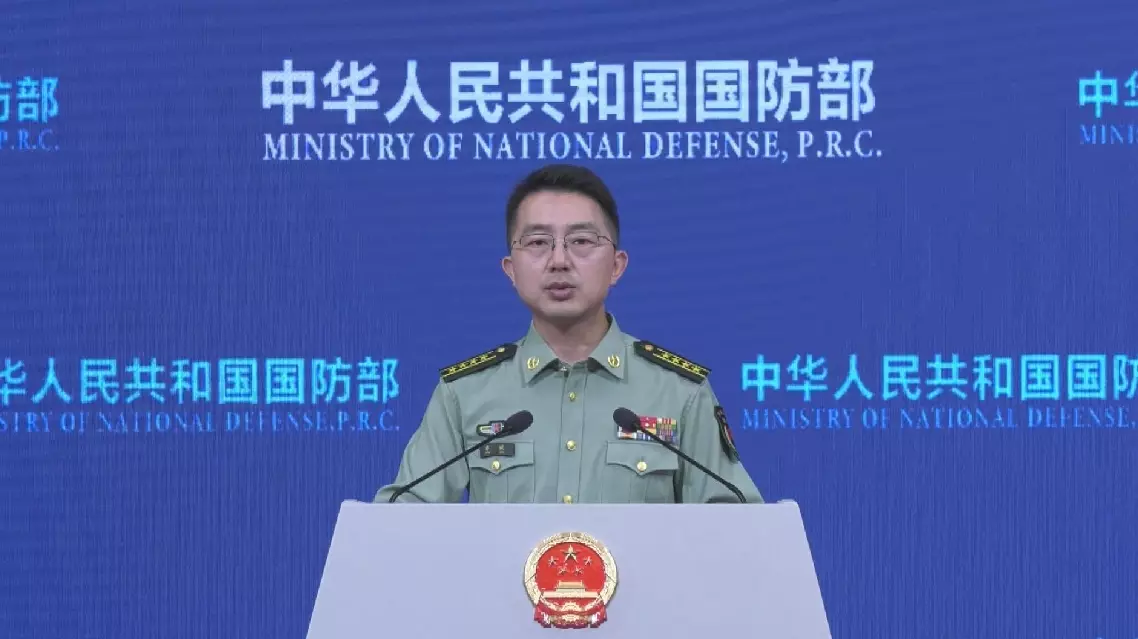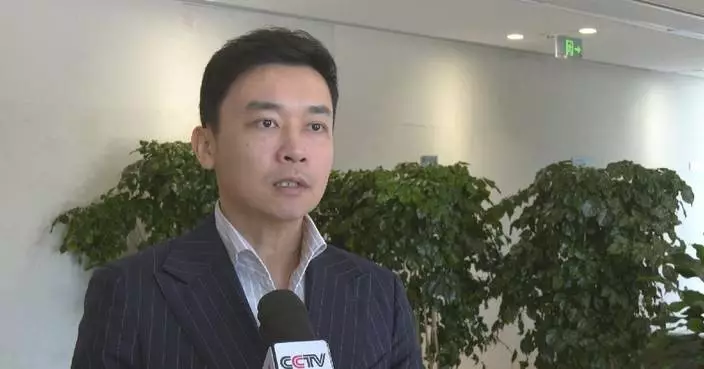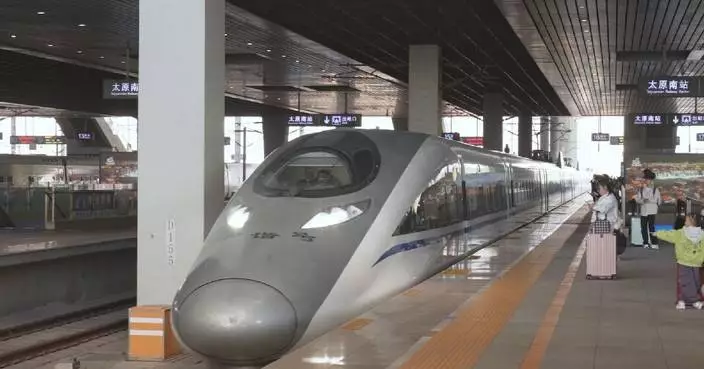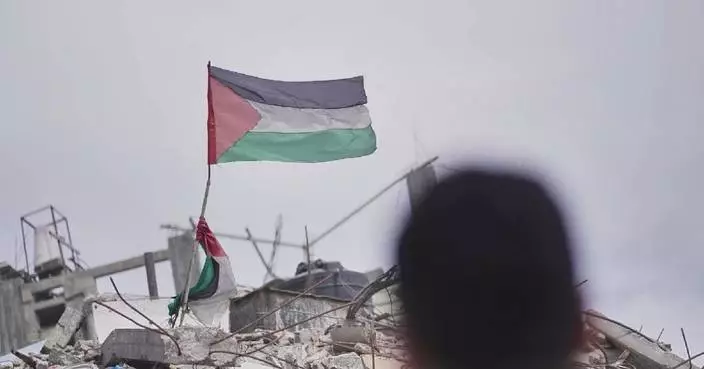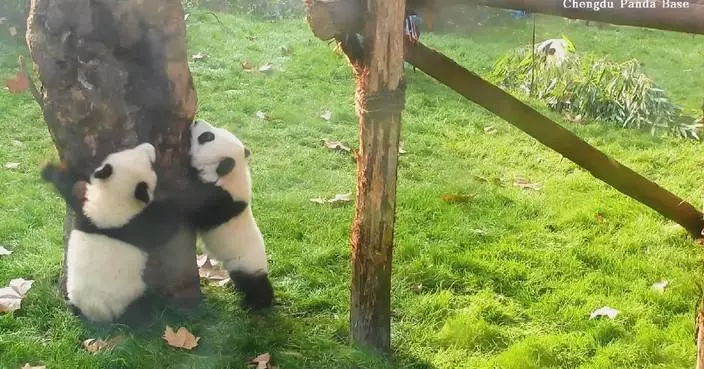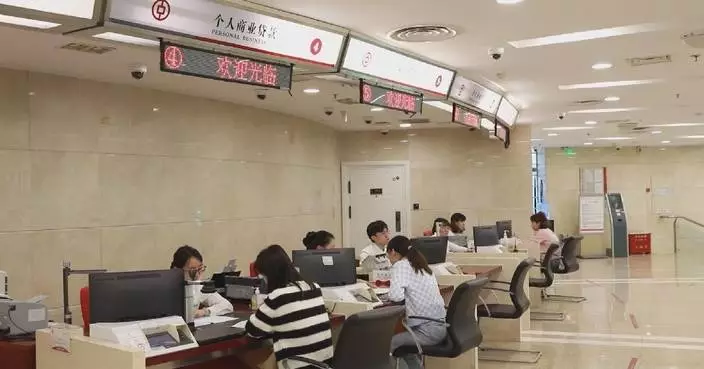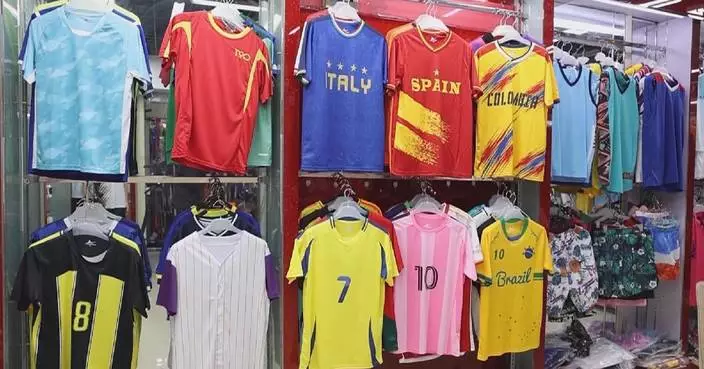Participating parties at the eighth Greater Mekong Subregion (GMS) Summit agreed to expand cooperation in various areas, forge new driving forces of growth, and make active effort for regional peace, development and prosperity, said Chinese Foreign Ministry spokeswoman Mao Ning at a regular press conference in Beijing on Thursday.
Chinese Premier Li Qiang chaired the eighth Greater Mekong Subregion (GMS) Summit in Kunming City of southwest China's Yunnan Province on Thursday morning, and the heads of government of the five Mekong countries of Cambodia, Laos, Myanmar, Thailand and Vietnam, and President of the Asian Development Bank attended the summit, said Mao.
"Premier Li Qiang noted that over the past three decades and more since the establishment of the GMS mechanism, it has increasingly become an important platform for China and Mekong countries to explore cooperation and promote development. Thanks to concerted efforts, regional economic cooperation made new progress with growing trade and investment, greater connectivity, expanding mutually beneficial cooperation, and deepening affinity between the peoples. The fruitful cooperation outcomes speak volumes about the vitality and strong resilience of the GMS mechanism," said the spokeswoman.
"Premier Li Qiang stressed that China and Mekong countries are developing countries that share geographic proximity, people-to-people affinity and close cultural links. We are a community with a shared future like a family. Faced with complex international and regional landscape, we need to work in solidarity, leverage our complementary economic strengths and further deepen practical cooperation in various fields," said Mao.
"First, we need to uphold open cooperation and enhance trade and investment facilitation. China stands ready to work with Mekong countries to promote two-way opening up at a higher level and with greater scale, and build a more efficient and vibrant mega market. Second, we need to highlight innovation and nurture new driving forces for regional development. China stands ready to work with Mekong countries to deepen cooperation in industries of new energy battery, automobile and the photovoltaic industry, and expand cooperation in emerging areas, such as clean energy, smart manufacturing, big data and smart cities," said the spokeswoman.
"Third, we need to deepen integrated development and speed up regional economic integration. China stands ready to work with Mekong countries to deepen 'hard connectivity' of infrastructure, and enhance 'soft connectivity' on policies, laws, supervision, rules and standards. Fourth, we need to have close communication and collaboration for better coordination of regional cooperation mechanisms. China stands ready to work with all sides to practice true multilateralism, advance coordinated development of GMS, Mekong-Lancang Cooperation and other mechanisms for an inclusive and mutually-reinforcing cooperation atmosphere," she continued.
"Participating parties agreed to expand cooperation in such areas as trade, agriculture, connectivity, digital economy, green development, health care, tourism, cultural and people-to-people exchanges, forge new driving forces of growth and make active effort for regional peace, development and prosperity. The summit adopted the Joint Summit Declaration, the GMS Innovation Strategy for Development 2030 and other documents," said Mao.
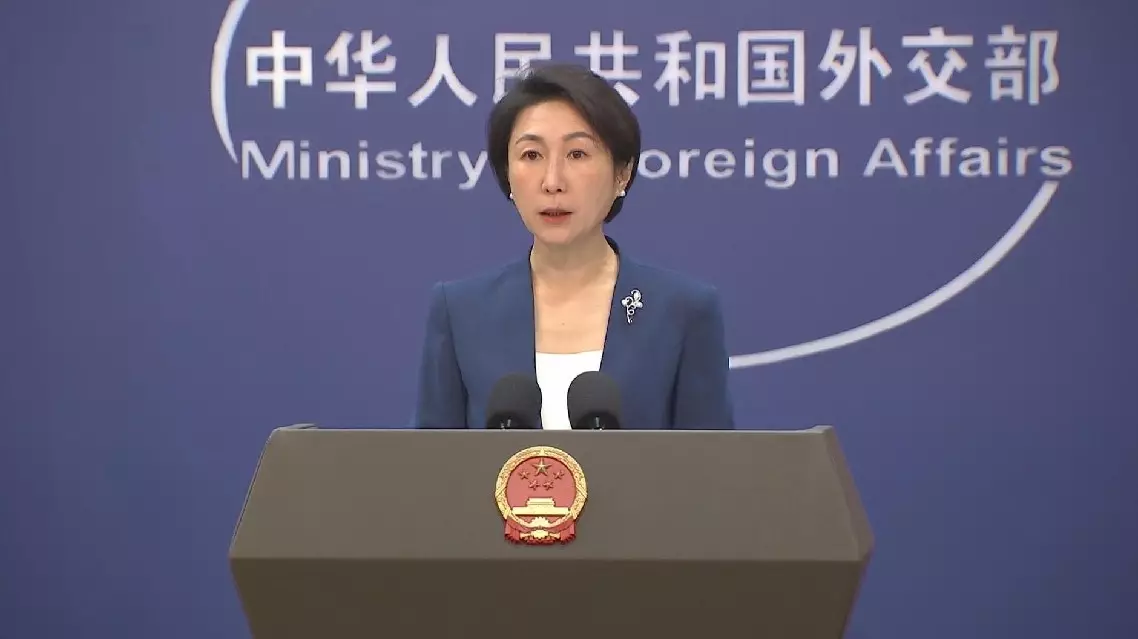
Chinese FM on eighth Greater Mekong Subregion Summit
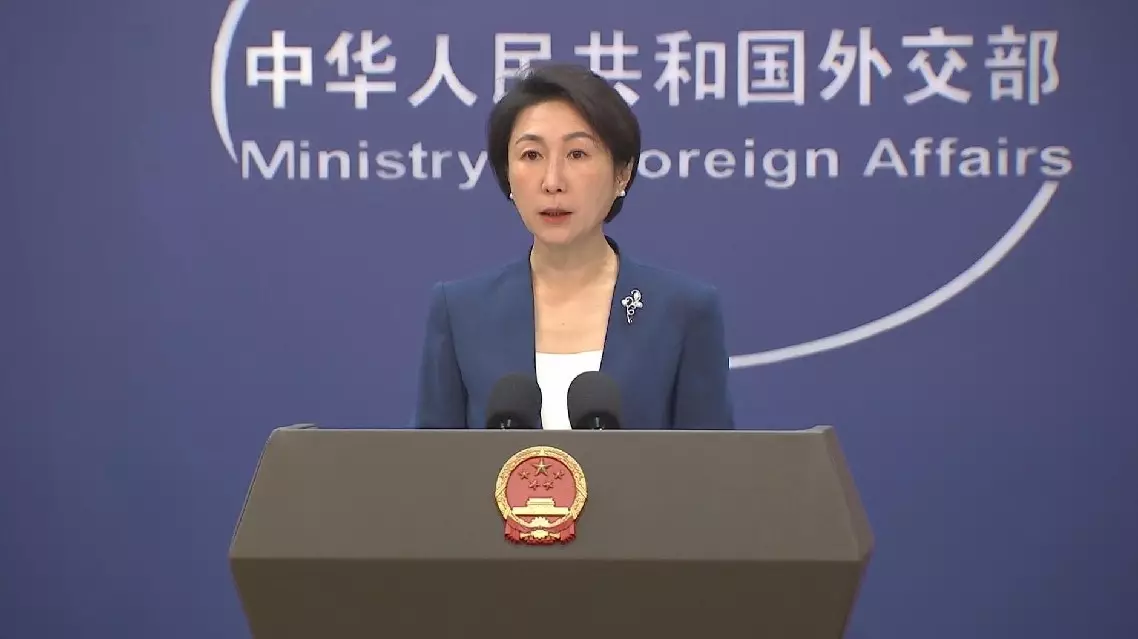
Chinese FM on eighth Greater Mekong Subregion Summit


